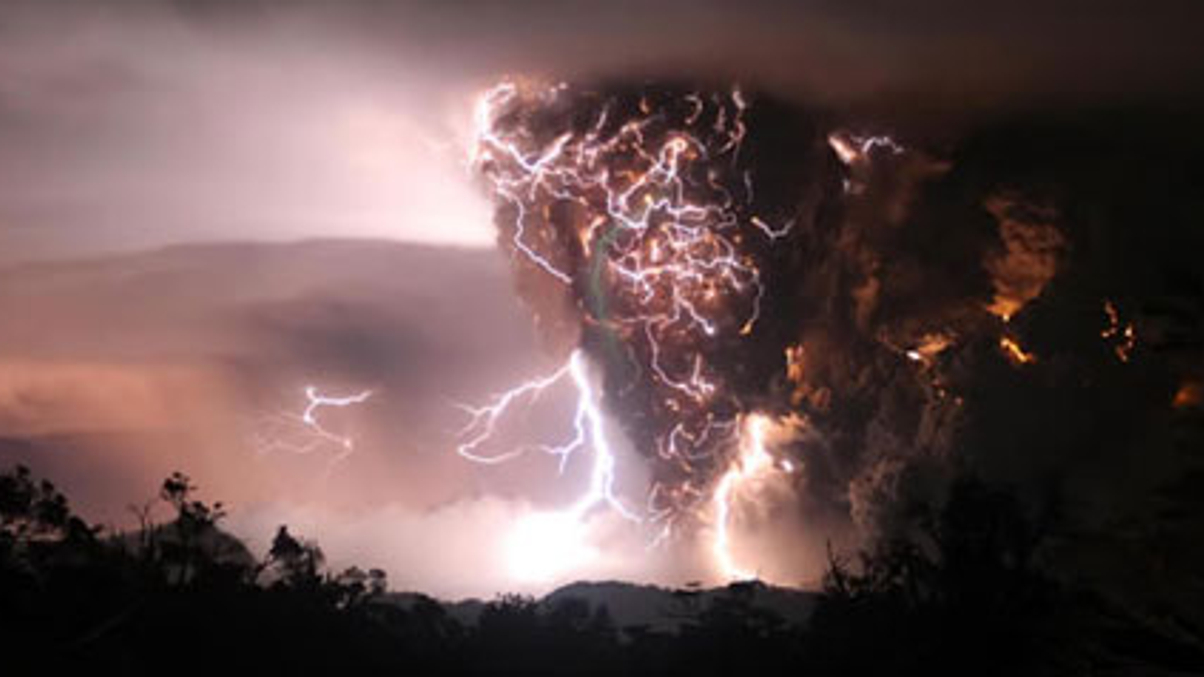Stormy climate outlook means investors should look long
Asia's asset owners are only slowly engaging with environmental, social and governance topics. They need to accelerate doing so to help the world avoid climate calamity.

It can be a difficult prospect to focus on the long term, even when it’s part of your job as an institutional investor to do so.
Sign in to read on!
Registered users get 2 free articles in 30 days.
Subscribers have full unlimited access to AsianInvestor
Not signed up? New users get 2 free articles per month, plus a 7-day unlimited free trial.
¬ Haymarket Media Limited. All rights reserved.


